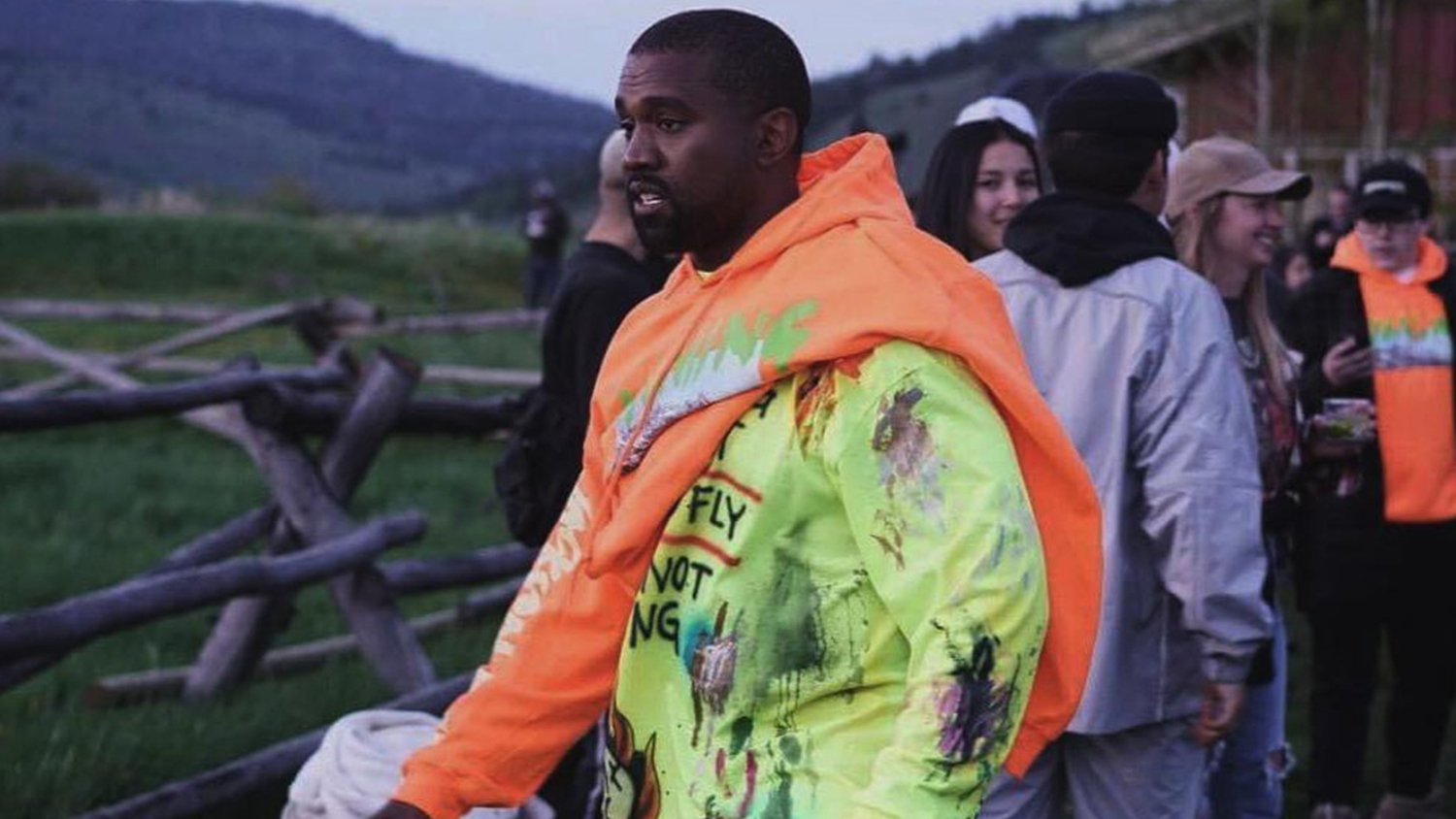Historically and religiously, the number seven has always represented a sense of completion. There are seven days in a week; a continuous loop that allows us to organise time in our lives. There are seven years in primary school; an era in which we slowly prepare for the abyss of adolescence. In Buddhism, Buddha walked seven steps when he was born. In Japanese mythology, there are the seven Lucky Gods that represent good fortune. In the Old Testament, the number seven appears 735 times and references themes such as creation. For an odd number, it seems too symbolic for conclusion and fulfilment in so many parts of the world. Now, it is being championed by Kanye West to reinvent the album.
The album used to be so much more for an artist than a collection of songs. It was a mission statement and a cohesive piece of art that represented the muse behind it. It was a tangible collector’s item that people would grasp for decades, and it would collect dust and memories as it aged. However, as the streaming continues to grow this becomes a distant concept. Besides a small number of artists, albums have become corporate money grabs that adhere to a quantity-over-quality blueprint. The artist acts as a face for a series of songs that are specifically designed to garner clicks, rapidly diminishing the cohesion and personalisation that made albums important.
However, this recent string of Kanye West-produced, seven-song albums that were released throughout late May-June is reclaiming the integrity in the LP, making the experience we’ve all grown to love shorter and sweeter for a new generation of music listeners.
It’s a commonly known fact that the attention span of consumers in this millennial age is dwindling. According to studies conducted by scientists in Canada, the average attention span in the smartphone era has dropped to eight seconds. Applying these statistics to music, it shows that the average listener isn’t delving in as much as they used to – and artists are aware of this. One of rap’s hottest prospects Lil Pump only has five songs on his debut mixtape that clock in over the three-minute mark – and each of these five songs feature at least one rapper.
Kanye’s approach to the seven-song album is perfectly skewed for the social media era, as he and the GOOD music camp jam-pack their visions and concepts into a filler-free, cohesive listen. You can live drug dealer life with Daytona, contemplate life and family with Ye or face your inner demons on Kids See Ghosts in the time it takes you to walk to your local grocery store. By packing so much content into such a short runtime, you can experience the epiphanic, fulfilling sense of completion that finishing an album gives you in half the time. It’s a focus on art for an unfocused, fast-moving society.
The seven-song template also is a handy tool to implement more focus in the creative process of a musician. We have seen dozens of projects this year that have failed to emerge from the flock purely because they didn’t know where to fly. The diluted reality of music today makes it hard for an artist to find their own identity, and it can often lead to uninspired music that only hopes to make a few bucks. With the seven-song album, it gives them an overarching barrier – a canvas in which they can express themselves on. They can script an orientation, series of events and resolution without the room to overthink, enforcing cohesiveness and a dedicated concept for the music.
This new way of creating an album also proves that quality-over-quantity artistry can still result in sales. One of the reasons longer albums have become a trend in streaming is that more tracks equate in more streams: meaning more money. However, if you look at Kanye-curated seven song albums like Pusha T’s Daytona, the artists are experiencing their best sales yet. Daytona sold 77,000 album equivalent units – much more than his previous two albums, and that’s because the seven-song structure is skewed for replay value. It’s not an album you want to listen to once and never again. It’s one you play on repeat. This ties in with the focus on quality control and the coherence that a seven-song restriction inspires.
The seven-song album may not become a normality for artists anytime soon. Instead, it foreshadows a future where artists and labels realise that sometimes less is better. This risky rollout that Kanye and his team ran with broke the stigma that you needed dozens of tracks to make money on an album. He showed that attention to detail, the ability to cut filler and a general love for the art of music is still the core of becoming successful. If you can look past the politics, Wyoming mountains and TMZ headlines of this year’s Yeezy season, you’ll find that Kanye’s main mission in life is to inspire creators to create. The seven-song template may restrict the artist’s ability to procrastinate but will amplify their goals, messages, and ambitions to the world.

